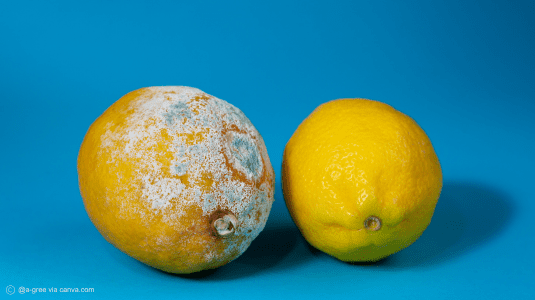In the realm of produce distribution, it is essential to preserve the shelf stability of fruits and vegetables in order to store and protect these perishable goods until they are delivered to consumers.
A key element in managing warehouses is comprehending the compatibility of different produce items, determining which ones should be stored together and which ones should be kept apart to prevent early spoilage and optimize their shelf life.
At Bonsai Produce BB #:271139, we place great importance on employing effective storage strategies to guarantee that the produce leaving our distribution warehouse reaches customers at its utmost freshness and highest quality.
1. Consider Temperature Requirements:
Different fruits and vegetables have varying temperature requirements for optimal storage. It is crucial to group commodities with similar temperature needs together to prevent temperature fluctuations, which can accelerate spoilage. For example, apples, berries, and pears prefer cooler temperatures, while citrus like grapefruit and lemons thrive at slightly higher temperatures. Keeping these commodities in separate temperature-controlled zones within the warehouse can enhance their shelf stability.
2. Mind Ethylene Sensitivity:
Ethylene is a natural plant hormone released by some fruits and vegetables as they ripen. While ethylene can promote ripening in certain produce, it can also accelerate deterioration in ethylene-sensitive commodities. To prevent premature spoilage, it is advisable to segregate ethylene-producing fruits like avocado and cantaloupe from ethylene-sensitive items such as spinach, cucumbers, and broccoli. Using separate storage areas or ethylene control systems can help maintain the quality and shelf life of these commodities.
3. Beware of Moisture Levels:
Moisture plays a significant role in the shelf stability of produce. Some fruits and vegetables are prone to rot or mold if exposed to excess moisture, while others require high humidity to retain freshness. It is crucial to separate items with opposing moisture requirements. For example, keep leafy greens and herbs away from moisture-releasing commodities like melons or citrus fruits. Additionally, consider using proper packaging or humidity control mechanisms to maintain optimal moisture levels for specific commodities.
4. Prevent Cross-Contamination:
Cross-contamination can occur when produce commodities come into direct contact with each other. Certain fruits and vegetables release enzymes or gases that can speed up spoilage in neighboring items. To minimize cross-contamination, it is advisable to store each commodity in separate crates, pallets, or bins. Furthermore, maintaining a clean and hygienic warehouse environment, regularly sanitizing storage areas, and practicing proper handling techniques can help prevent the spread of contaminants and extend shelf stability.
Efficient storage strategies are vital for maximizing the shelf stability of produce in distribution warehouses. By considering temperature requirements, ethylene sensitivity, moisture levels, cross-contamination risks, and physical compatibility, warehouse managers can minimize spoilage, reduce waste, and deliver fresh and high-quality fruits and vegetables to consumers. Employing these effective storage practices ensures that produce commodities retain their nutritional value, taste, and appearance, ultimately benefiting both producers and consumers alike.
About Bonsai Produce & Distribution
Bonsai Produce & Distribution is an Atlanta, GA based produce distributor that specializes in supplying high-quality fresh produce to foodservice distributors, and wholesalers throughout the United States. Through a vast network of growers across all U.S. regions, and a combined 50 years of produce experience, Bonsai Produce strives to enrich the buying experience with a ‘whatever it takes’ attitude in sourcing over 100 commodities in a multitude of varieties, sizes, and packings. Founder and CEO, Joel Ferrara, believes that Bonsai Produce is greater than the products it sells – it is also the services it provides. Putting the customer at the forefront of its operations ensures an ever-evolving customer experience tailored to fit their needs.
Kelly Shawkat, Marketing Director at Bonsai Produce & Distribution



